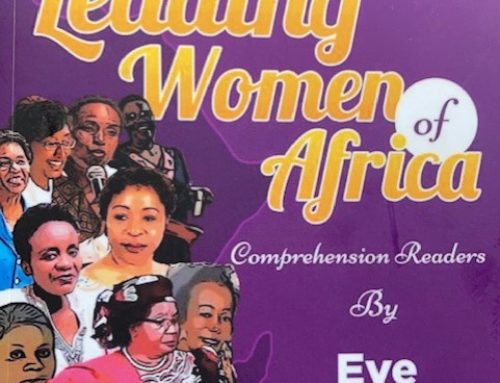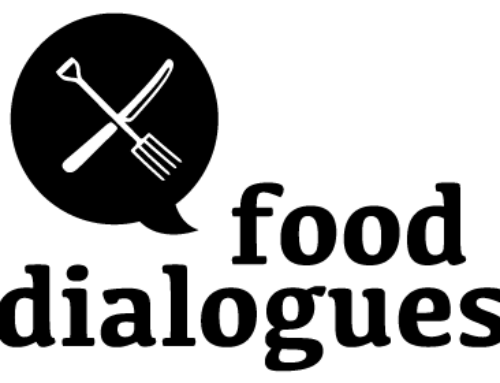i was recently introduced to Josh Cox and his website called The Racial Literacy Project and asked him if he would mind sharing some of his story, Meet Joshua Cox:
The Racial Literacy Project
Last year I launched a simple website www.racialliteracy.co.za with the aim of helping white people ‘do the work’ of becoming more literate on issues of race and racism. The end goal being that people are more equipped to speak out on these issues with confidence.
It has been a fascinating and winding journey that got me to this point…
I grew up in the 80s in Cape Town, during some of the worst years of apartheid. I attended Michael Oak Waldorf School where my father was a teacher and my mom the bursar. Michael Oak was one of the very few mixed-race schools in the 80’s and early 90s. Unlike most white children in South Africa in that period, I was well aware of the struggle efforts in the townships and the brutal response of the police and the military. I had friends who lived in communities like Crossroads and Nyanga in those grim years. I heard directly from them how they were experiencing these events. A friend of my sister’s from Khayelitsha would sleep over at our house every Thursday. I remember her sharing her strong wish to turn 16 so she could join the ANC Youth League.
Having black friends at that age and in that time period profoundly shaped my social consciousness. I remember as a young teenager feeling a deep sense of shame at my white, European ancestry. I hated being associated with the social injustice I saw, perpetrated by ‘my people’. I remember wishing that I belonged to any other ethnic group. To the point where I became fascinated with indigenous peoples, and the San bushmen in particular. I dreamed of running away from it all and going to live with them in the desert. Don’t laugh:-)
And then I had a conversation with my father:
I must have been about 18. At the dinner table I shared my naive, romantic dream of disappearing to go and live with the San bushmen after finishing school. My parents both listened attentively. Once I had finished my father said to me, ‘That’s all fine, but don’t you want to make a contribution?’. In that moment everything changed. It was the starting point of a journey to explore how I could make the greatest possible contribution to helping remedy the problems I saw in the world. I was not yet a Christ-follower but what I got in that moment was a calling.
I studied nature conservation at Stellenbosch University where I made no black friends and was totally oblivious to the effects that such a divided community was having on me and on others. It seems quite strange thinking of it now. I can only rationalise it for myself that in my school years the seeds of consciousness had been sown, but had not yet sprouted. They lay dormant in my varsity years as I pursued other adventures and the care-free existence of student life that most white people like me get to enjoy. I was blissfully unaware of the struggles of black people in that institution. At the end of my time at varsity I became a Christ-follower and felt again very strongly the call to make a contribution.
I worked in various NGOs for a few years in community development and conservation. I picked up Zulu/Xhosa again, which I had been exposed to at school and ended up writing a mini textbook on Zulu to train myself. I also started spending time with Simon, a friend from Diepsloot, a township to the north of Joburg. We would hang out on weekends occasionally, enjoying a beer together or going to a football game. In 2010 my wife and I went to live on Phinda Private Game Reserve for three months. I worked as a volunteer with the conservation team, a group of about ten Zulu men. My aim was to immerse myself in a community of people who spoke only Zulu, to pick up the language more fluently. For those three months I spoke Zulu eight hours a day and nothing else.
After returning from Phinda I got a job as an activist for an NGO called Masifundise. It is a grassroots organisation that was born out of the Black Consciousness Movement in the early 80s. Steve Biko’s best friend was on the panel that interviewed me for the role and I was the only white person in the organisation once I joined. I was immediately surrounded by older black people who had been involved in the struggle and black people my age who came from a trade union background. When socially contentious issues arose in the public debate, I would listen to their take on it. We worked with traditional fishing communities and for my three years there I was exposed to the ongoing struggle of small-scale fishers across the continent. It proved to be a real political and social awakening for me.
In 2014 I launched out into founding a social enterprise, Fix Forward, with the mission of creating opportunities for building contractors from low-income areas to develop and thrive. It was inspired by my friend Simon, from Diepsloot. He was a builder and had used a reference letter from me and some business cards I helped make to grow his business.
In 2016 when #RhodesMustFall ignited I started speaking out in support of the movement on social media and started following people on social media who were deeply engaged in these issues. I did a lot of listening. And ultimately I think that is what led me to grow my own understanding of race and racism, as I became more and more aware of the lived experience of black people in this country today.
My story and addressing my own racism is far from finished and I have by no means got it all figured out. I recently heard a pastor in Goodwood Prison, ending off a Restorative Justice programme for inmates with these words, “We need to keep working to change ourselves until the day we die”. Amen to that.
= = = = = = = = = =
Thanks for this. Josh. And for the page. And if you are a white person working on your anti-racism then go and take a look at The Racial Literacy Project – there are more than twenty topics as well as some super helpful definitions and the ones i read through were clear and easy to understand. Definitely a resource worth visiting and sharing as we try figure out this stuff together.







Leave a Reply